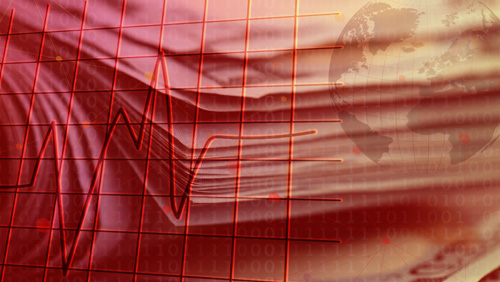Russia is reportedly mulling an increase in the gaming device tax paid by casinos in the country, according to brokerage Union Gaming Securities Asia Ltd.
Currently, there is no formal GGR tax in the country, but the Russian government requires casinos to pay a monthly device tax for each table game and slot machine that they have in operation. Licensees in Primorye pay RUB125,000 (USD2,101) per table monthly and RUB7,500 (USD126) per slot machine for one month, according to Union Gaming.
 Russian media outlets have reported that the government has drafted an amendment seeking to establish a band of RUB50,000 to RUB250,000 (USD840-USD4,202) per table per month and RUB3,000 to RUB15,000 (USD50.43-USD252.13) for each slot machine.
Russian media outlets have reported that the government has drafted an amendment seeking to establish a band of RUB50,000 to RUB250,000 (USD840-USD4,202) per table per month and RUB3,000 to RUB15,000 (USD50.43-USD252.13) for each slot machine.
“There are media reports out today suggesting a potential increase in the gaming device tax paid by casinos in Russia,” Union Gaming analyst Grant Govertsen said in a note. “This is a result of proposed draft amendments to the existing gaming law at a national level.”
The changes have yet to be finalized, but even if it does, Govertsen believes it may not affect the Primorye integrated entertainment zone in Vladivostok, which has “its own—potentially lower—tax rates that are within a band set at the federal level.”
“We note that the rates paid in Primorye are already in the middle of the band that might be established at the federal level,” he explained. “In a worst case scenario, the local government in Primorye could double the current tax and be inline with the top-end of the range established at the federal level. We do not believe the local government in Primorye has indicated they will move the taxes in either direction.”
If a tax hike does happen, analysts estimate that Summit Ascent, which operates 23 tables and 319 slots at its Tigre de Cristal resort, will experience a 2 percent lower EBITDA. The Hong Kong-listed firm currently pays RUB77 million (USD1.3 million) in annual device tax.
“We are not inclined to change our estimates at this time given that the local government in Primorye has not yet taken a position or given an indication that they are contemplating a change in the tax rate. Given that the market is still new and they are trying to encourage additional development we think the most likely scenario is that the device tax rates are maintained as-is,” Govertsen said.
Russia’s Primorye region saw an “explosive growth” in terms of international visitation last year. Local tourism authorities say the number of Chinese visitors – particularly from northeastern China – from January to July has already exceeded the total for all of 2015. Additional direct flights have since been added from Beijing, Shanghai, Dalian and other key markets.





